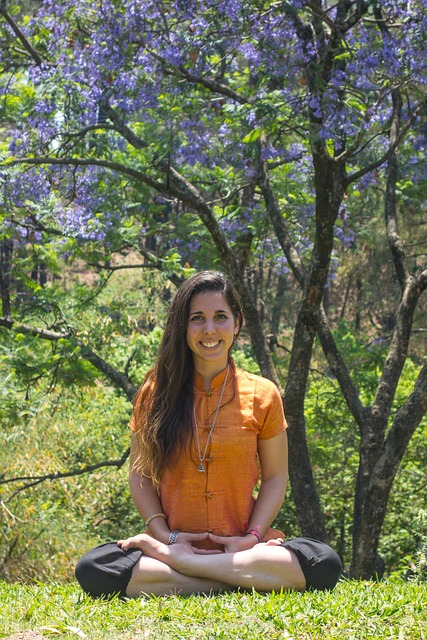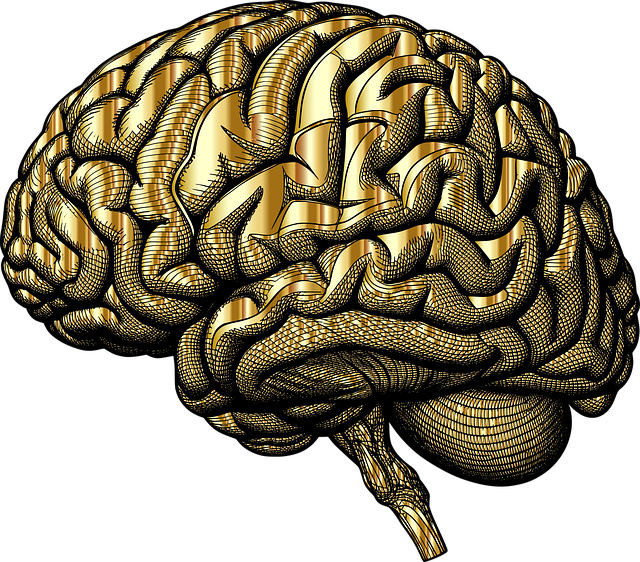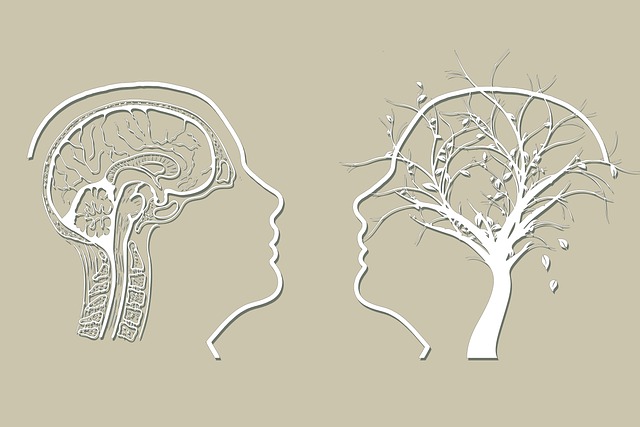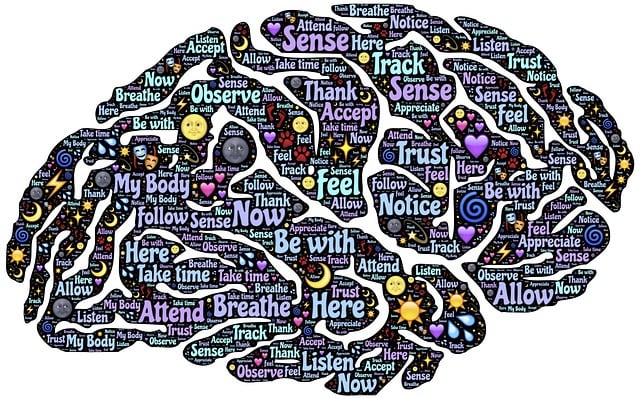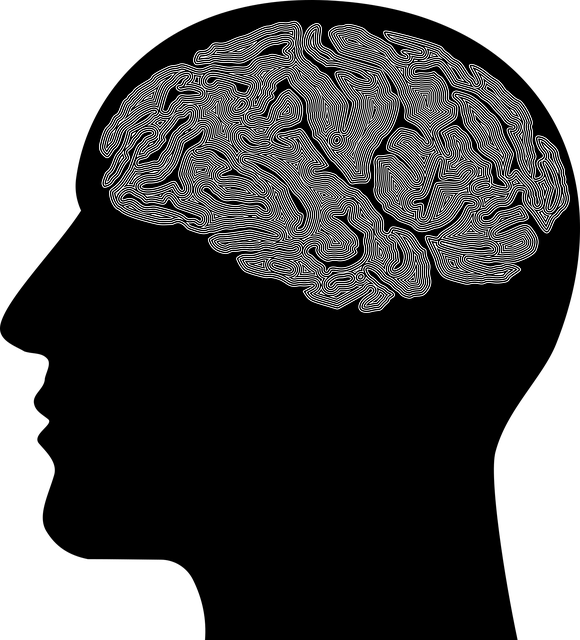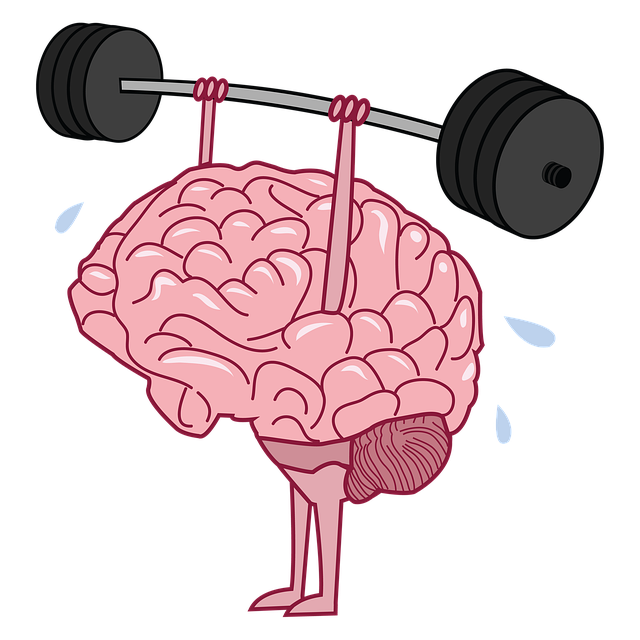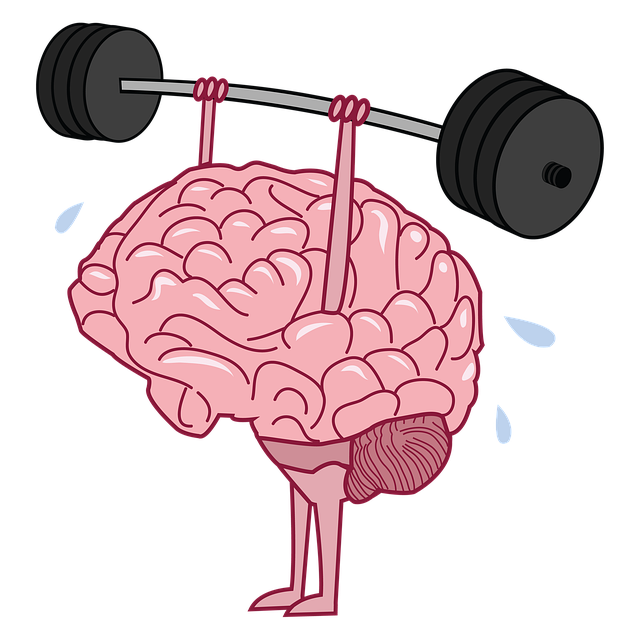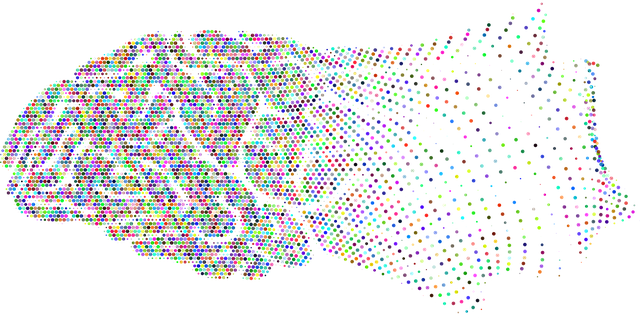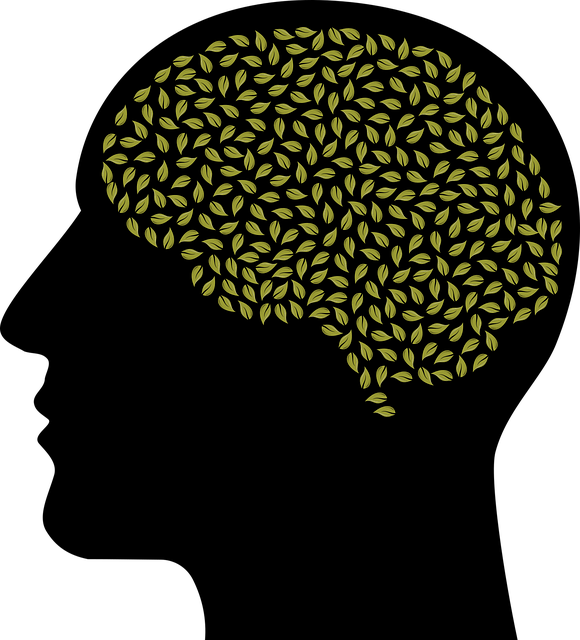Highlands Ranch International Adoptions Therapy (HRIAT) emphasizes understanding group dynamics as a key to effective mental health therapy. Through techniques like Social Skills Training and Compassion Cultivation, facilitators create safe spaces fostering open communication, emotional intelligence, and collective resilience. HRIAT's case study-driven approach combines best practices with comprehensive risk management planning, empowering participants to navigate complex emotional journeys and improve overall mental wellness.
Mental wellness group facilitation plays a pivotal role in fostering supportive environments, enhancing recovery, and nurturing resilience. This article explores the intricate dynamics of mental wellness groups and introduces effective facilitation techniques for professionals. We delve into a case study of Highlands Ranch International Adoptions Therapy, showcasing how structured group interactions can revolutionize support systems. By combining theoretical understanding with practical applications, this guide equips facilitators to create safe spaces that promote healing and growth.
- Understanding Mental Wellness Group Dynamics
- Facilitation Techniques for Effective Support
- Highlands Ranch International Adoptions Therapy: A Case Study Approach
Understanding Mental Wellness Group Dynamics

Understanding Mental Wellness Group Dynamics is a crucial step for any facilitator at Highlands Ranch International Adoptions Therapy. Groups can be complex ecosystems where each member brings their own unique experiences, expectations, and emotional states. Recognizing these dynamics allows facilitators to create a safe, supportive environment that encourages open communication. By fostering a sense of belonging, group members learn from one another, share coping strategies, and build resilience collectively.
This process involves navigating the delicate balance between individual expression and group harmony. Facilitators play a vital role in promoting active participation while also ensuring no one’s voice is left unheard. Through techniques like Social Skills Training and Compassion Cultivation Practices, participants can learn to manage relationships, reduce the Mental Illness Stigma Reduction Efforts, and ultimately enhance their overall mental wellness.
Facilitation Techniques for Effective Support

Effective group facilitation is a cornerstone of successful therapy practices, such as those offered at Highlands Ranch International Adoptions Therapy. Skilled facilitators create a safe and supportive environment that encourages open communication and fosters emotional intelligence among participants. Techniques like active listening, reflective summarizing, and guided discussions promote understanding and empathy, enabling individuals to navigate complex mental health issues.
By integrating Emotional Intelligence principles into their facilitation methods, therapists can enhance group dynamics. This involves recognizing and managing one’s own emotions while attuned to the feelings of others. Such practices contribute to a Mental Health Policy Analysis and Advocacy culture, where individuals gain tools for stress management and build resilience. Through these techniques, facilitators ensure that each member feels heard, validated, and empowered to share their experiences, ultimately leading to positive mental wellness outcomes.
Highlands Ranch International Adoptions Therapy: A Case Study Approach

Highlands Ranch International Adoptions Therapy (HRIAT) offers a unique case study approach to mental wellness group facilitation. By studying real-life scenarios and adopting best practices from their vast experience, facilitators can enhance their skills in managing diverse mental health challenges. This method not only provides valuable insights into effective therapy strategies but also promotes resilience building among participants.
The HRIAT model incorporates risk management planning for mental health professionals, emphasizing the importance of thorough risk assessment. Through these case studies, facilitators learn to anticipate and mitigate potential risks, ensuring a safe and supportive environment for all group members. This proactive approach aligns with the broader goals of fostering resilience in individuals navigating complex emotional journeys.
Mental wellness group facilitation plays a pivotal role in fostering community and supporting individuals navigating challenges. As demonstrated by the case study of Highlands Ranch International Adoptions Therapy, effective group dynamics can lead to profound transformations. By employing techniques such as active listening, structured activities, and creating a safe space, facilitators enable members to build resilience, share experiences, and gain valuable insights. This holistic approach not only enhances individual mental wellness but also enriches the overall therapeutic experience, making it a powerful tool for recovery and personal growth.

